Victorian innovation initiative offering as much as £80,000 to worthy postgraduate students developing usable new technology

The Royal Commission for the Exhibition of 1851 is now taking applications for its latest round of funded fellowships and studentships. The initiative was originally set up by Queen Victoria, in the midst of the Exhibition of the Works of Industry of all Nations that took place in the Crystal Palace in London that year, with Prince Albert in charge of the exhibition itself and the movement thereafter which continues to this day.
The commission, based within Imperial College London, South Kensington, is offering funding for postgraduate research and development projects that have potential to accelerate the introduction of new technologies to UK industries.
Bernard Taylor, Chairman of the Royal Commission for the Exhibition of 1851, said: “Supporting British innovation is more important than ever before. These Industrial Fellowships provide an opportunity for British businesses to conduct cutting-edge R&D and develop intellectual property at reduced cost. This year’s Industrial Fellows include some of the brightest minds in fields spanning artificial intelligence and gene editing and include new and exciting potential treatments for cancer. These promising young researchers represent the huge diversity of talent in science and engineering that Britain has to offer.”
A recent successful project within the automotive industry is that of PhD student Alexander O’Neill, who developed a more realistic tyre friction modelling rig with the help of an £80,000 grant from the Royal Commission. It is thought that the more useful simulation data it can generate will save development costs when creating new tyres.
Applications for the 2020 Industrial Fellowships are now open. Find out more, here.
Among the Commission’s other various fellowships and studentships on offer, there are ‘Industrial Design Studentships’ for graduates in science or engineering (other relevant subjects are also considered). Applicants are required to already have a place on a relevant master’s degree industrial design course, but if you’re accepted then you will receive £12,850 per year (limited to two years) to put towards developing something which is intended to make a real impact on British industry. Applications for this are accepted until 30th April 2020.































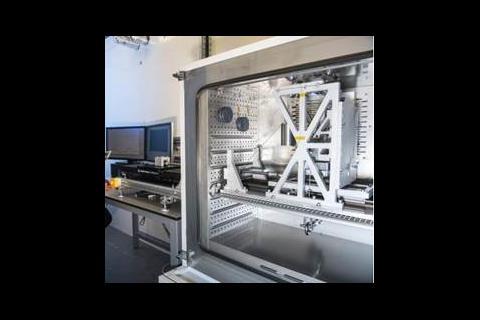
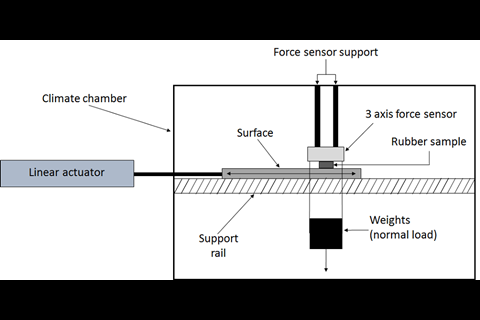
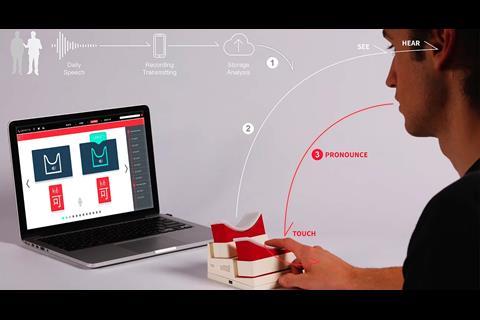
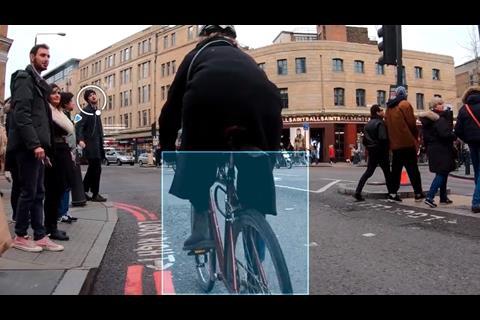


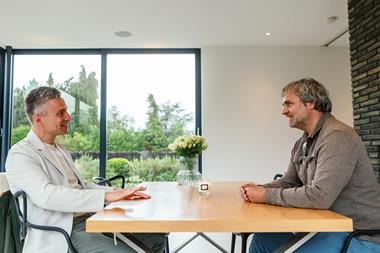







No comments yet